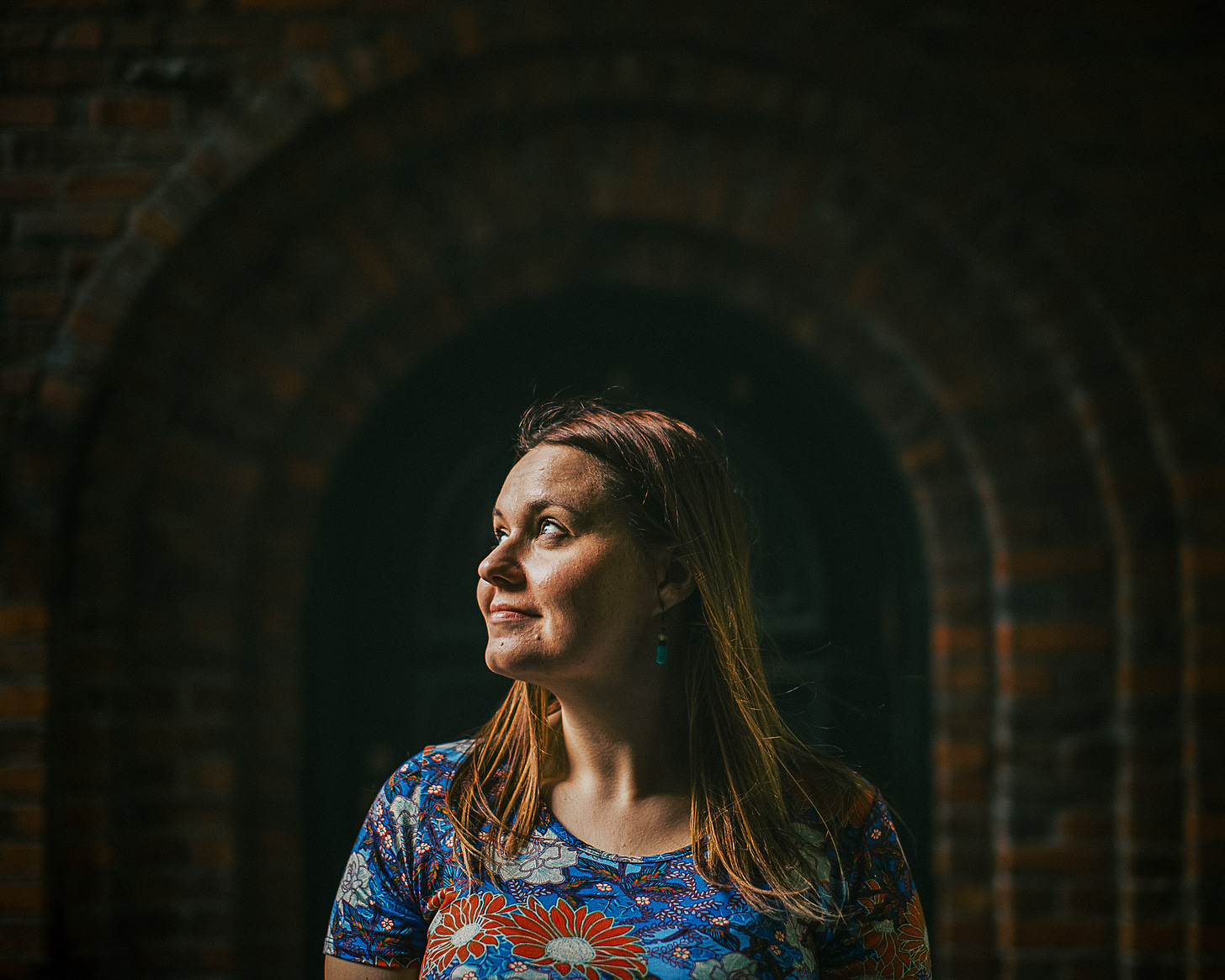Listen to Your Life
from dumpster fire to burning bush
Have you ever found something— an art, a sport, a job — that you come to love? You spend increasing amounts of time with it because it sends electricity into your fingers and toes. Eventually, after talking to your friends and family incessantly about it and spending all of your extra time with it, it becomes who you are.
Perhaps you remember the moment you made the shift from saying, “Hi, my name is _________ and I play baseball,” to the more aligned, “Hi, my name is ______ and I’m a baseball player.”
And then by it everyone knows you, and by it’s light you know yourself.
Until, one day, it isn’t.
You get injured. Your relationship status changes. You change careers.
We’ve all been someone else before.
For me, it was being a musician (and later, a pastor). And those things were everything; until they weren’t any longer. In an explosion of sparks, the electricity left as quickly as it came. I still remember when I put together a band for the last time and how quickly the tears came after we finished the last song because I knew that was the last live performance. Music took me from buying a guitar at a pawn shop in Alaska with my dad to the stage of Carnegie Hall. She left slowly; but then all at once.
We are left to re-orient ourselves in an instant. Sometimes from goodness. Sometimes from loss.
Always disorienting.
In Luke 12, we find Jesus causing trouble again by healing people on the day that people aren’t supposed to be working. A woman is healed who had an illness for a long time:
A woman was there who, for eighteen years, had an evil spirit in her that made her crippled. Her back was always bent; she could not stand up straight. When Jesus saw her, he called her over and said, “Woman, you are free from your sickness.” Jesus put his hands on her, and immediately she was able to stand up straight and began praising God.
In other gospel texts, Jesus asks a question before healing: “Do you want to be healed?" I wonder if at times we would rather hang on to the outdated versions of ourselves rather than embrace the uncertainty of a healed and whole future.
For the woman in Luke 12, her entire life had to be constructed around this condition she had for eighteen years. And, suddenly, an entirely new world has opened up in front of her life. Her response was gratitude.
We watched the old Dreamworks movie “The Prince of Egypt” with the kids this week. Declan’s questions about God are more frequent these days, and the image of God in a burning bush is one I hope stays with him. Hans Zimmer’s soundtrack is really preferred to the “Paw Patrol” or “Spidey and His Amazing Friends” music we end up having to listen to a lot around here.
Moses was a somebody before being called by name. He left that behind when he went to the desert. He was happy there. He weakly protests against this role he is being called into — I’m not a skilled speaker — and his excuse is met with what I would characterize as the wildness I wrote about last week:
Who made man’s mouth? And who makes someone deaf or not able to speak? Or who gives a person sight or blindness? It is I, the LORD. Now go! I will help you speak, and I will teach you what to say.
Our job is to listen and obey.
What if we don’t have a burning bush moment as a reference point? I’m guessing most of us haven’t experienced a dramatic moment of healing like the woman in Luke 12. For that answer, I’m going to defer to Frederick Buechner.
Frederick Buechner, the American writer and theologian who inspired this week’s post, died this week at age 96. My friend Emily wrote the following for the Religion News Service this week:
Buechner was asked on numerous occasions how he would sum up everything he had preached and written in both his fiction and nonfiction.
The answer, he said, was simply this: “Listen to your life.”
Listen to your life. God has been at work in each of us from the beginning through all of our different interests and identities. We can trust that.
Your life is your burning bush.



Wise words. Thank you…needed this. Keep it up!
Loved references to Beuchner.